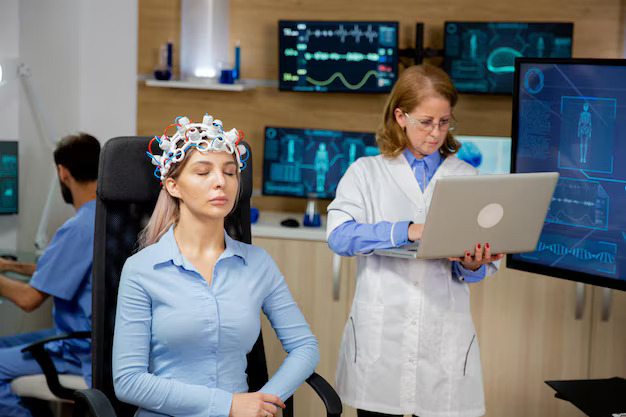Future of Chatbots in Healthcare: Innovations and Patient Care Transformation
AI chatbots lead healthcare innovation—future care is evolving faster and smarter!


The healthcare industry stands at the precipice of a revolutionary transformation, driven by artificial intelligence technologies that are reshaping how patients interact with medical services.
Healthcare chatbots have emerged as powerful digital assistants that bridge the gap between traditional healthcare delivery and the growing demand for accessible, efficient medical support. As we look toward the future, these AI-powered systems are not merely supplementing human care—they're fundamentally transforming the entire patient experience.

The Current Landscape
The healthcare chatbot market has experienced explosive growth, with current valuations reaching approximately $2.15 billion in 2025 and projections indicating expansion to $17.74 billion by 2035, representing a compound annual growth rate (CAGR) of 23.5%. This remarkable trajectory reflects the healthcare industry's urgent need for innovative solutions to address mounting operational pressures and evolving patient expectations.
Over 70% of healthcare organizations have already adopted AI chatbots, with the market expected to reach $10.26 billion by 2034.
This widespread implementation demonstrates the technology's proven value in streamlining operations, reducing administrative burdens, and enhancing patient engagement across diverse healthcare settings.
10 AI Healthcare Trends to Watch in 2025 and Beyond. Read more here!
Technological Foundations
Natural Language Processing Breakthroughs
Modern medical AI systems leverage sophisticated Natural Language Processing (NLP) capabilities that enable contextual understanding of patient queries. These systems are trained on extensive medical datasets, including specialized repositories like Med-PaLM and Med-BERT, ensuring responses are both medically accurate and contextually appropriate.
The integration of advanced NLP allows chatbots to:
- Interpret complex medical terminology and patient descriptions
- Provide personalized responses based on individual health profiles
- Support multilingual interactions for diverse patient populations
- Maintain contextual awareness throughout extended conversations
Machine Learning Adaptive Systems
AI in healthcare chatbots continuously evolve through machine learning algorithms that analyze patient interactions to improve response accuracy and relevance. This adaptive learning process enables chatbots to:
- Refine diagnostic suggestions based on emerging medical research
- Personalize treatment recommendations according to patient history
- Optimize workflow efficiency through predictive analytics
- Enhance user experience through behavioral pattern recognition
Use Cases for Natural Language Processing in Healthcare. Read here!
Core Applications Transforming Patient Care
Intelligent Symptom Assessment and Triage
Healthcare chatbots have revolutionized preliminary medical assessments by providing sophisticated symptom checking capabilities. Babylon Health's AI chatbot demonstrates this technology's potential, analyzing patient inputs while considering lifestyle factors, medical history, and presenting symptoms to deliver reliable clinical guidance.
These systems utilize extensive medical databases to:
- Prioritize symptoms based on urgency levels
- Recommend appropriate care pathways
- Reduce unnecessary emergency department visits
- Enable early detection of serious conditions
Automated Administrative Management
AI innovation in healthcare extends beyond clinical applications to encompass comprehensive administrative automation. Chatbots streamline appointment scheduling by:
- Matching patient requirements with provider availability
- Eliminating double-booking through intelligent calendar synchronization
- Sending automated reminders that reduce no-show rates by up to 80%
- Processing insurance verification and claims assistance
Medication Management and Adherence
AI in medicine has transformed medication management through intelligent reminder systems and adherence monitoring. CVS Pharmacy's implementation of AI chatbots demonstrates how these systems facilitate prescription refills, medication availability checks, and adherence tracking for chronic disease management.
Advanced Use Cases: Expanding Healthcare Horizons
Mental Health Support and Cognitive Behavioral Therapy
Medical AI applications in mental health have shown remarkable promise, with platforms like Woebot providing evidence-based cognitive behavioral therapy techniques. These systems offer:
- 24/7 emotional support without stigma concerns
- Personalized therapy sessions based on individual needs
- Crisis intervention capabilities with human escalation protocols
- Continuous monitoring of mental health indicators
Chronic Disease Management
Healthcare chatbots excel in supporting patients with chronic conditions through:
- Continuous vital sign monitoring integration
- Personalized health coaching and lifestyle recommendations
- Medication adherence tracking and optimization
- Proactive health risk assessment and intervention
Telemedicine Integration
The convergence of AI in healthcare with telemedicine platforms has created seamless care delivery systems that:
- Conduct preliminary assessments before virtual consultations
- Gather comprehensive patient histories automatically
- Facilitate specialist referrals based on diagnostic algorithms
- Provide post-consultation follow-up and monitoring
Study Suggests Physician's Medical Decisions Benefit from Chatbot Integration. More here!

Quantifiable Benefits: Evidence-Based Outcomes
Operational Efficiency Gains
Healthcare organizations implementing AI chatbots report significant operational improvements:
- Cost Reduction: Potential savings of $3.6 billion globally through administrative automation
- Time Savings: Healthcare professionals save up to 80 hours monthly through chatbot implementation
- Patient Satisfaction: Adherence rates increase to 97% with automated reminder systems
- Workflow Optimization: 40% reduction in administrative tasks through intelligent automation
Clinical Impact Metrics
AI innovation in healthcare has demonstrated measurable clinical benefits:
- Diagnostic accuracy improvements of up to 99% in specialized applications
- Reduction in chemical identification processes from six months to six hours (Merck case study)
- 90% accuracy in medical image analysis and lung disease detection
- Significant improvements in patient adherence to treatment protocols
Future Innovations: Next-Generation Healthcare AI
Predictive Analytics and Personalized Medicine
The future of medical AI lies in predictive capabilities that anticipate patient needs before symptoms manifest. Advanced algorithms will:
- Analyze genetic profiles for personalized treatment recommendations
- Predict health deterioration patterns in chronic disease patients
- Optimize medication dosages based on individual metabolic responses
- Identify potential adverse drug interactions before prescription
Multimodal Interaction Platforms
Healthcare chatbots are evolving toward sophisticated multimodal interfaces that support:
- Voice-controlled interactions for hands-free operation
- Visual symptom analysis through computer vision
- Gesture-based controls for accessibility enhancement
- Augmented reality integration for immersive health education
IoT Integration and Continuous Monitoring
AI in medicine will increasingly integrate with Internet of Things (IoT) devices to provide:
- Real-time health monitoring through wearable devices
- Automatic medication dispensing based on vital sign changes
- Environmental health factor analysis and recommendations
- Predictive emergency response systems
The Path Forward: Strategic Implementation
Phased Deployment Strategies
Organizations implementing AI in healthcare should adopt systematic approaches:
- Assessment Phase: Identify specific use cases and operational requirements
- Pilot Implementation: Deploy chatbots in controlled environments with measurable outcomes
- Gradual Expansion: Scale successful implementations across broader organizational units
- Continuous Optimization: Refine algorithms based on real-world performance data
Collaborative Development Models
The future of healthcare chatbots depends on collaborative frameworks involving:
- Healthcare providers and technology developers
- Regulatory bodies and compliance experts
- Patient advocacy groups and end-users
- Academic institutions and research organizations
Conclusion
The future of healthcare chatbots represents more than technological advancement—it embodies a fundamental shift toward patient-centered, accessible, and efficient healthcare delivery.
As AI innovation continues to evolve, these digital assistants will become increasingly sophisticated, offering personalized care that adapts to individual patient needs while maintaining the highest standards of medical accuracy and ethical responsibility.
The convergence of medical AI, natural language processing, and predictive analytics is creating unprecedented opportunities to improve health outcomes, reduce costs, and enhance patient satisfaction.
Healthcare organizations that embrace these technologies today will be positioned to lead the transformation of tomorrow's healthcare landscape, delivering care that is not only more efficient but also more compassionate and responsive to human needs.
The journey toward AI-powered healthcare is not without challenges, but the potential benefits—improved patient outcomes, reduced healthcare costs, and enhanced accessibility to quality care—make this transformation both inevitable and essential. As we advance into this new era of AI in medicine, the focus must remain on augmenting human capabilities rather than replacing them, ensuring that technology serves to enhance the fundamental human elements of healthcare delivery.
Ready to Transform Your Healthcare Operations with AI?
With the healthcare chatbot market growing at 23.5% CAGR and 70% of organizations already adopting AI solutions, the future of patient care is happening now. Makebot's specialized healthcare AI solutions deliver the 24/7 patient support, administrative automation, and clinical efficiency gains your organization needs.
Join leading healthcare providers using Makebot's proven solution—trusted by major hospitals and hundreds of clinics nationwide.
Start your healthcare AI transformation: makebot.ai | Healthcare solutions: b2b@makebot.ai



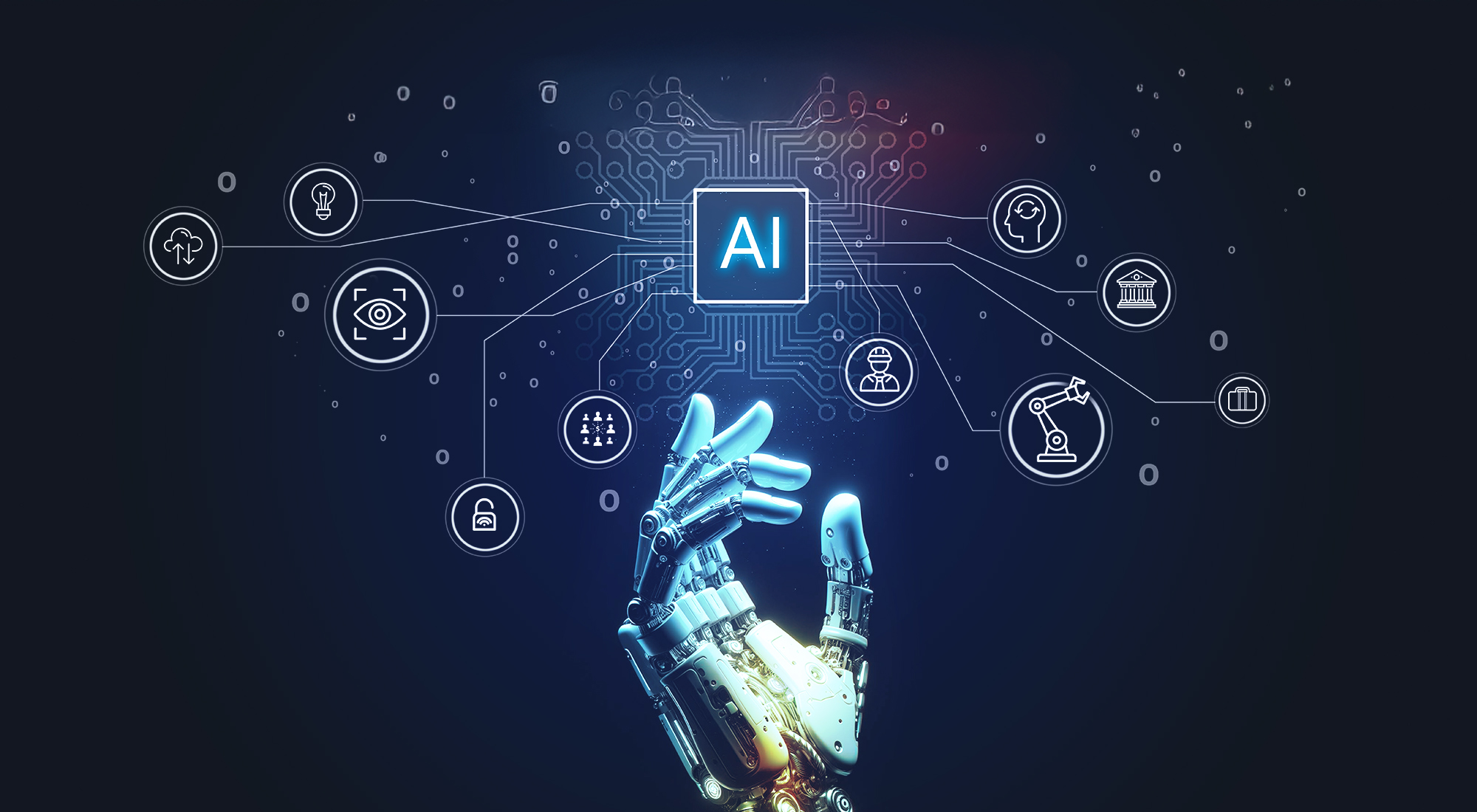

.jpg)
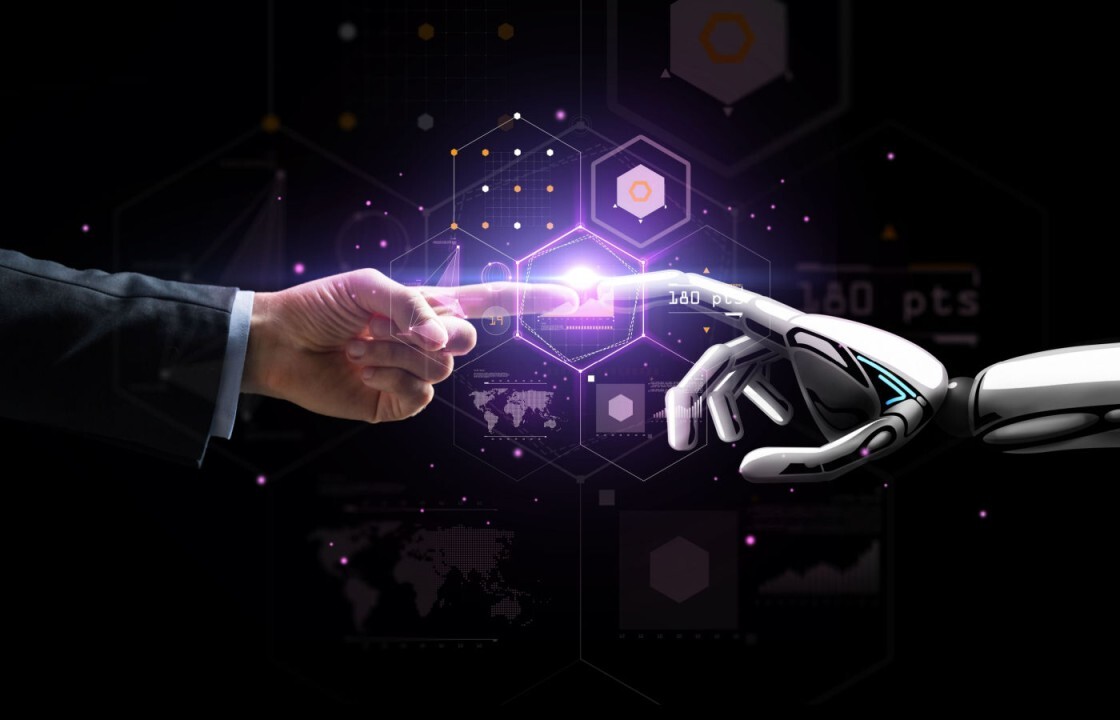
.png)

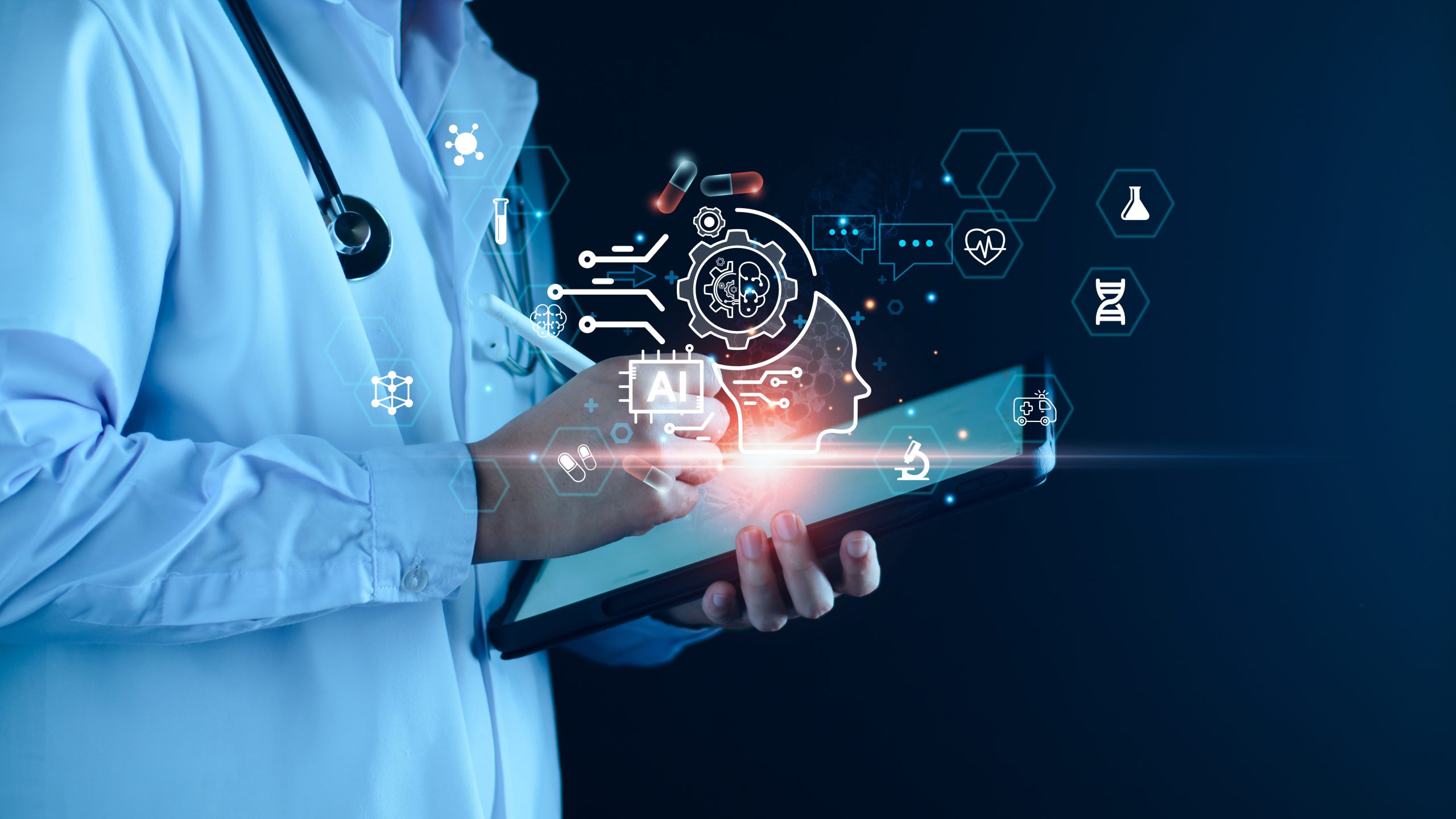
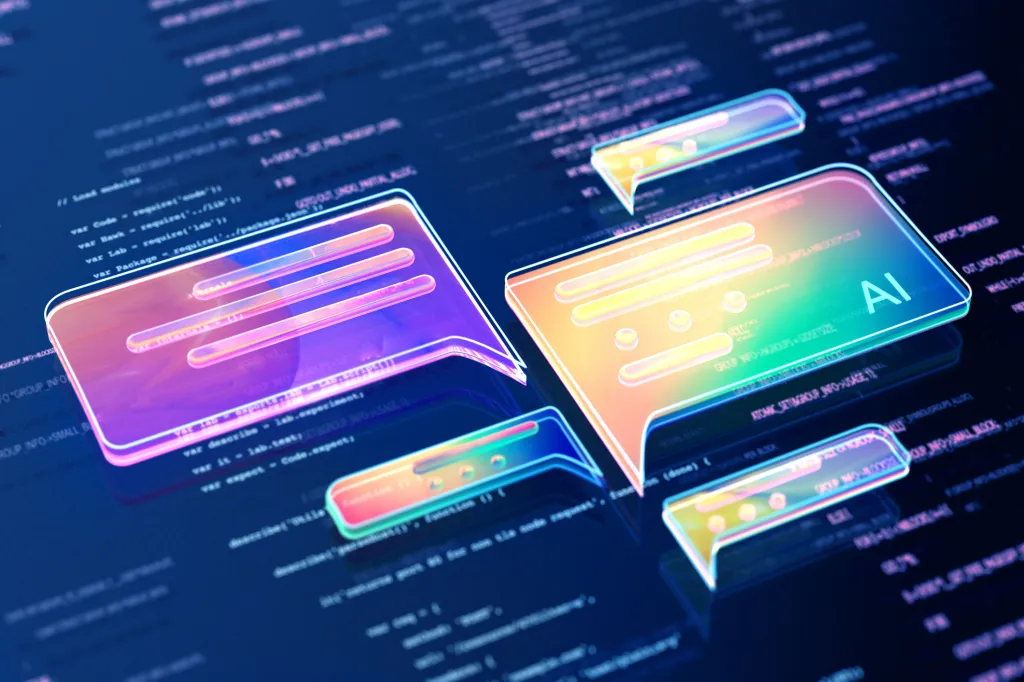



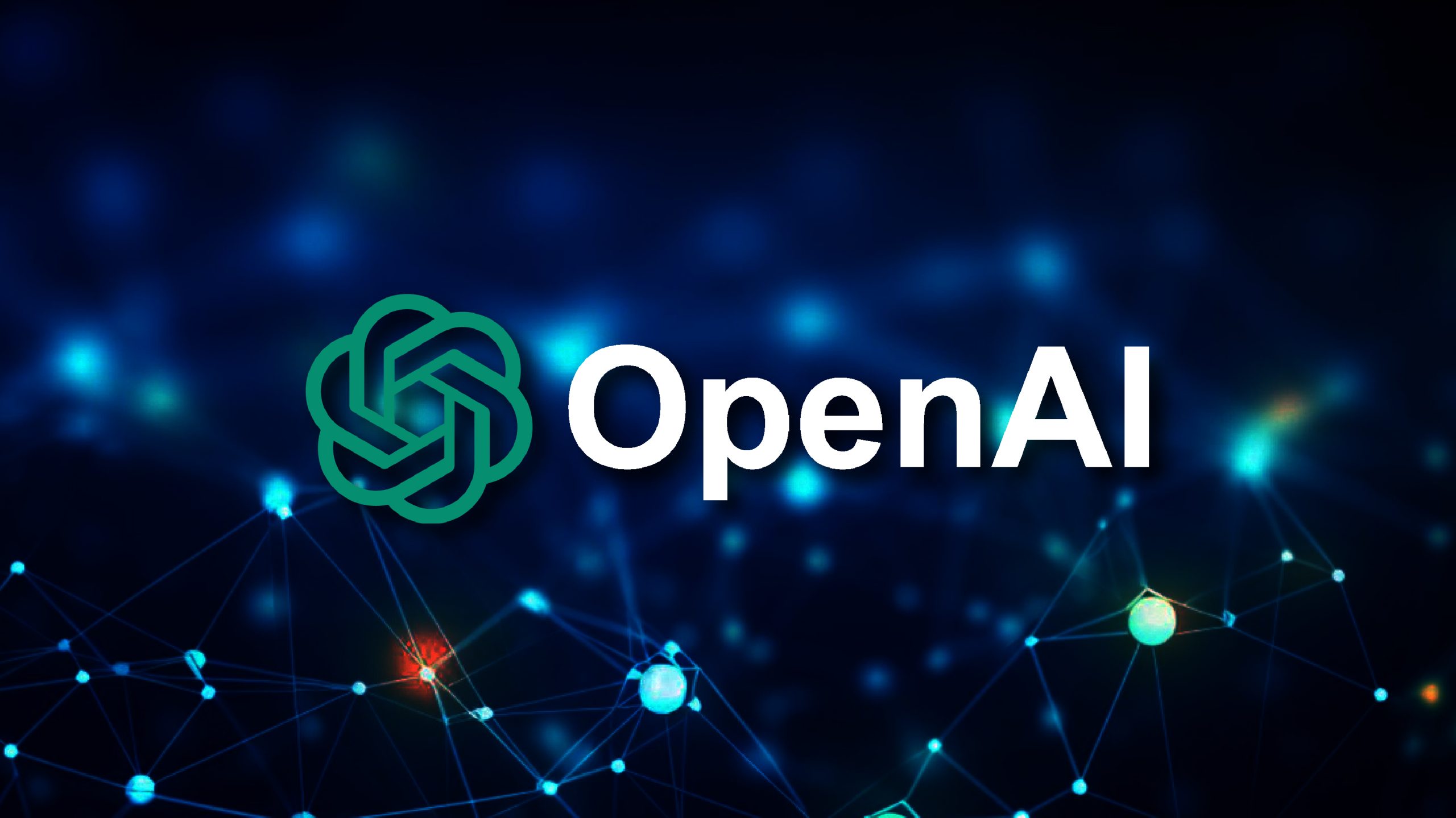



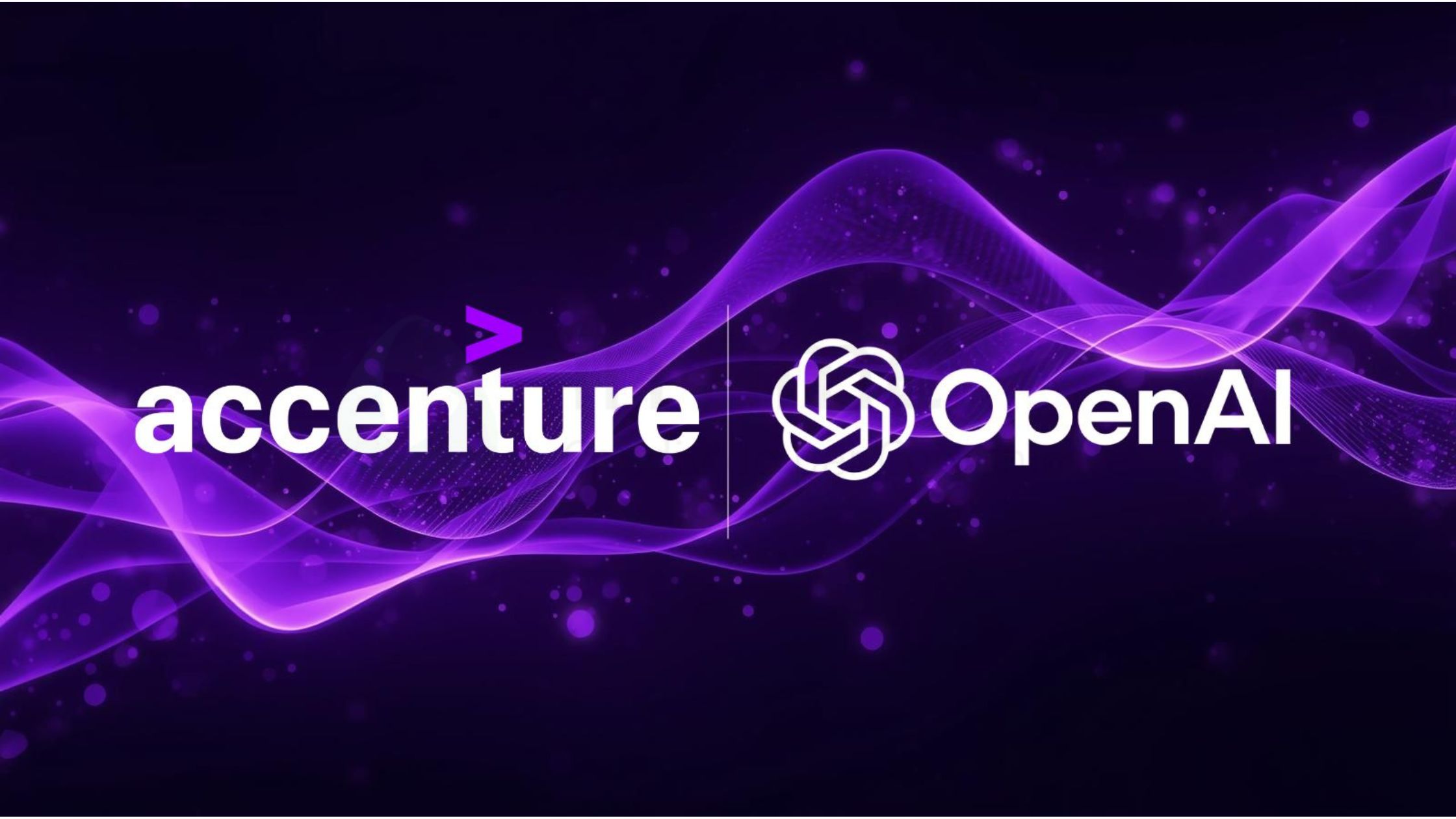
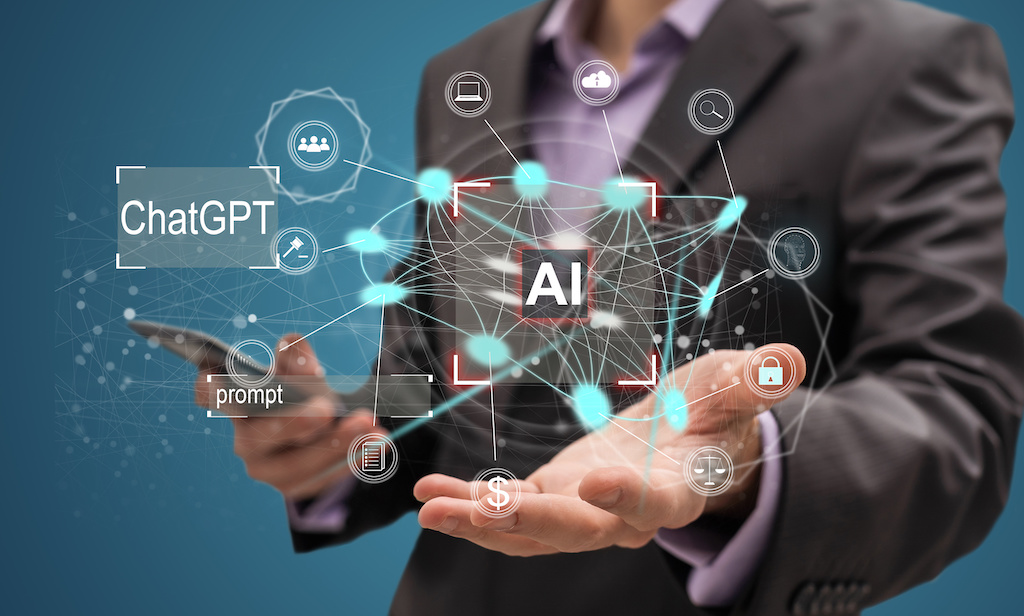


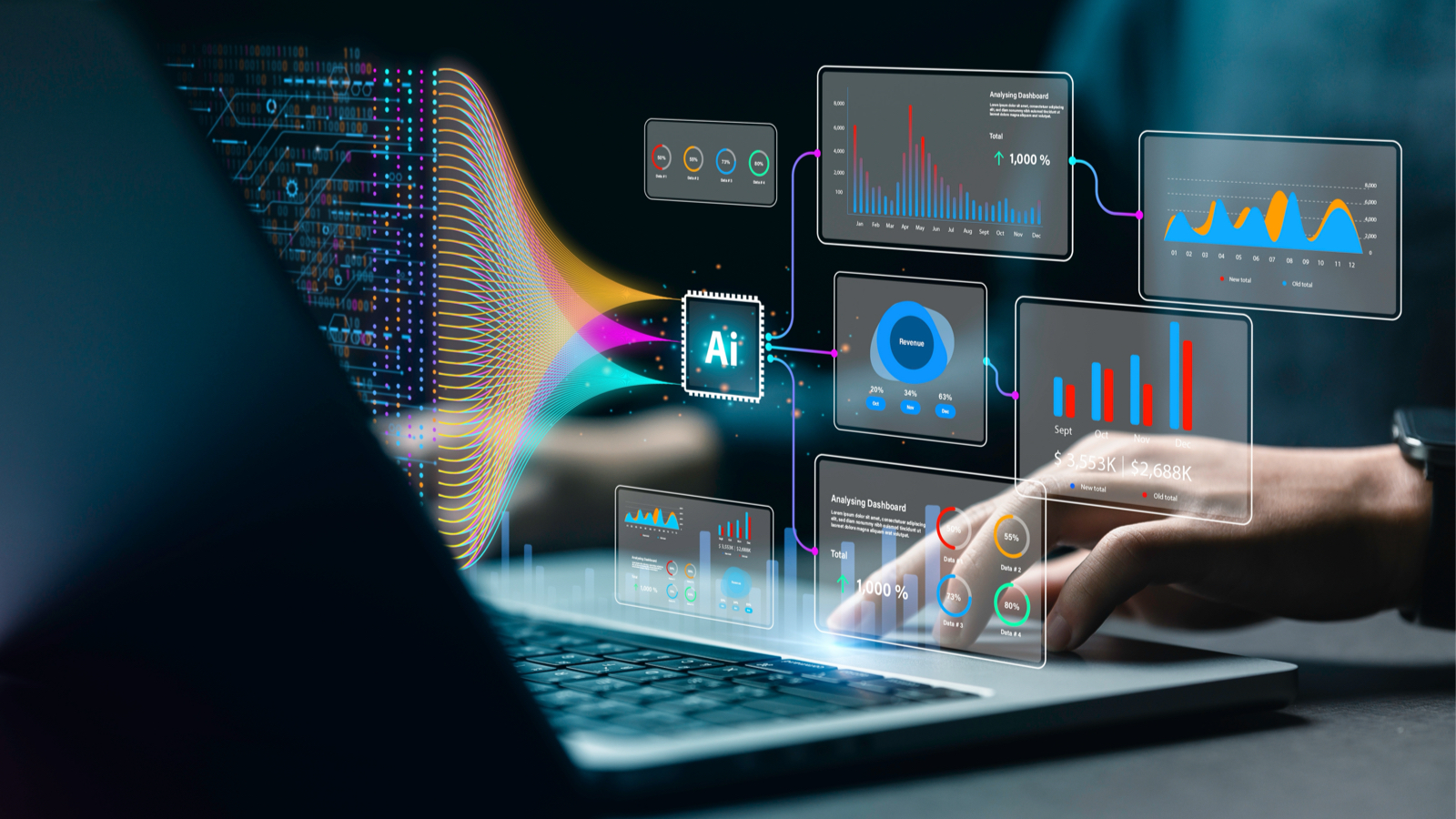







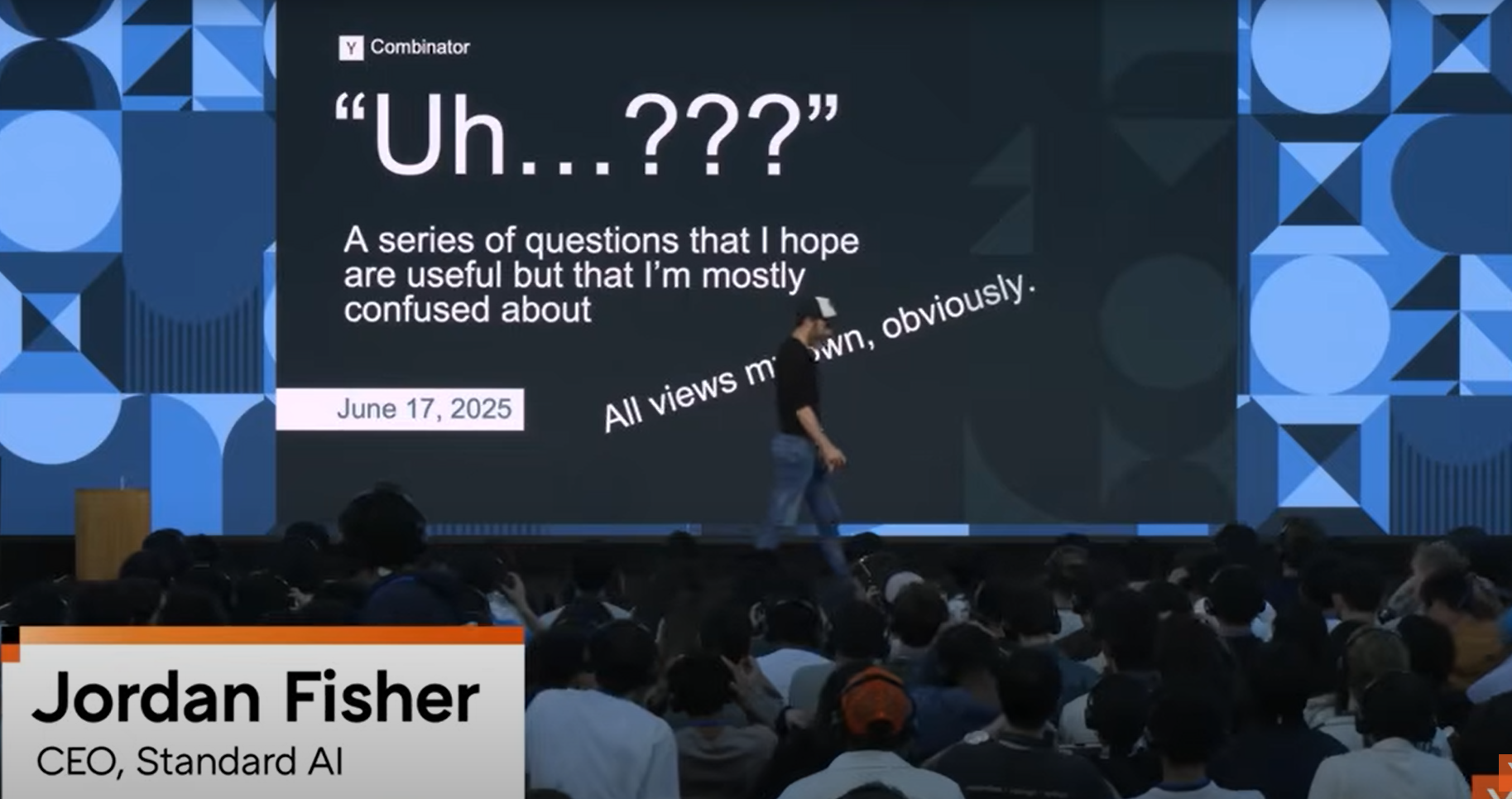




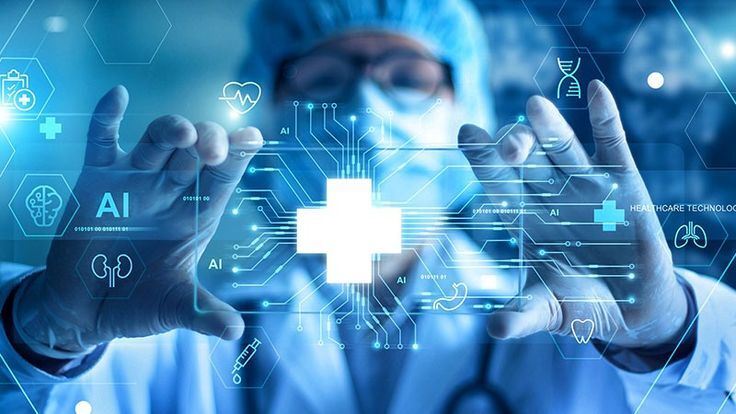





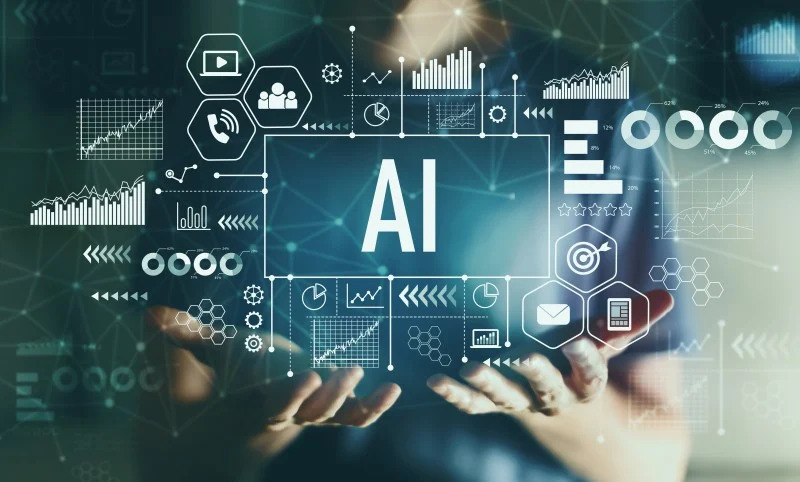









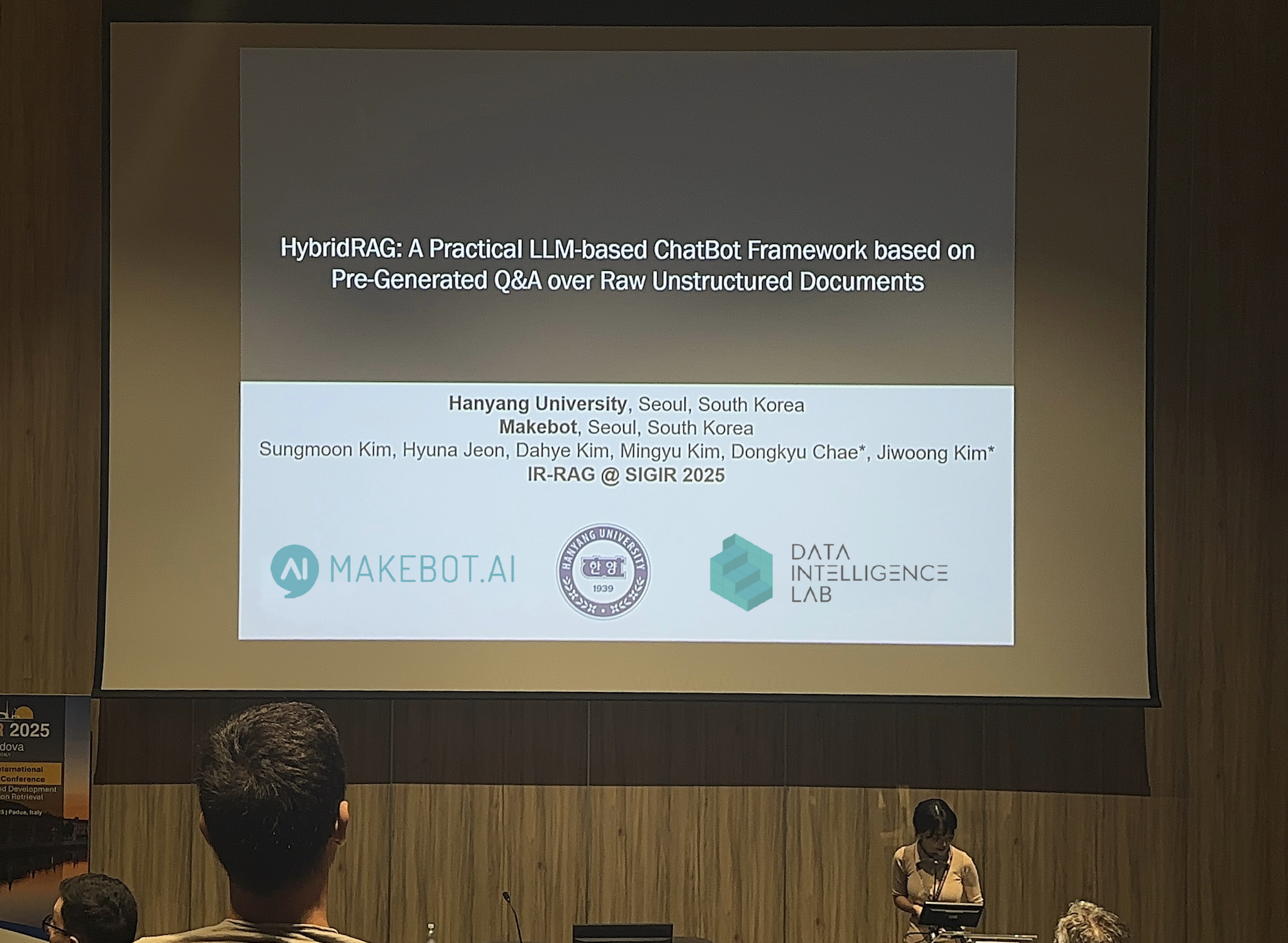








_2.png)












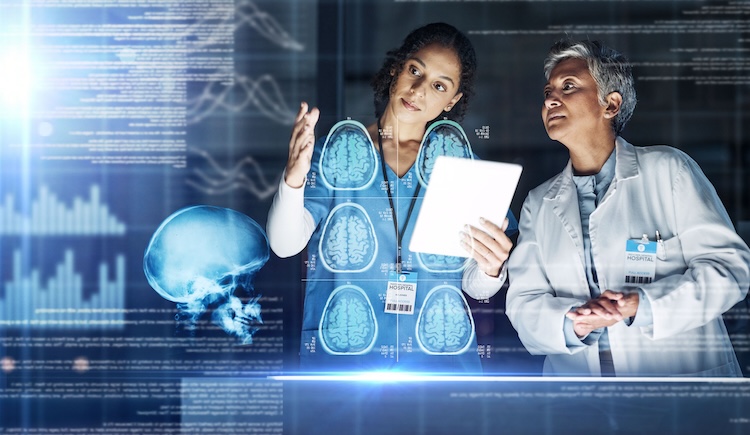





.jpg)














